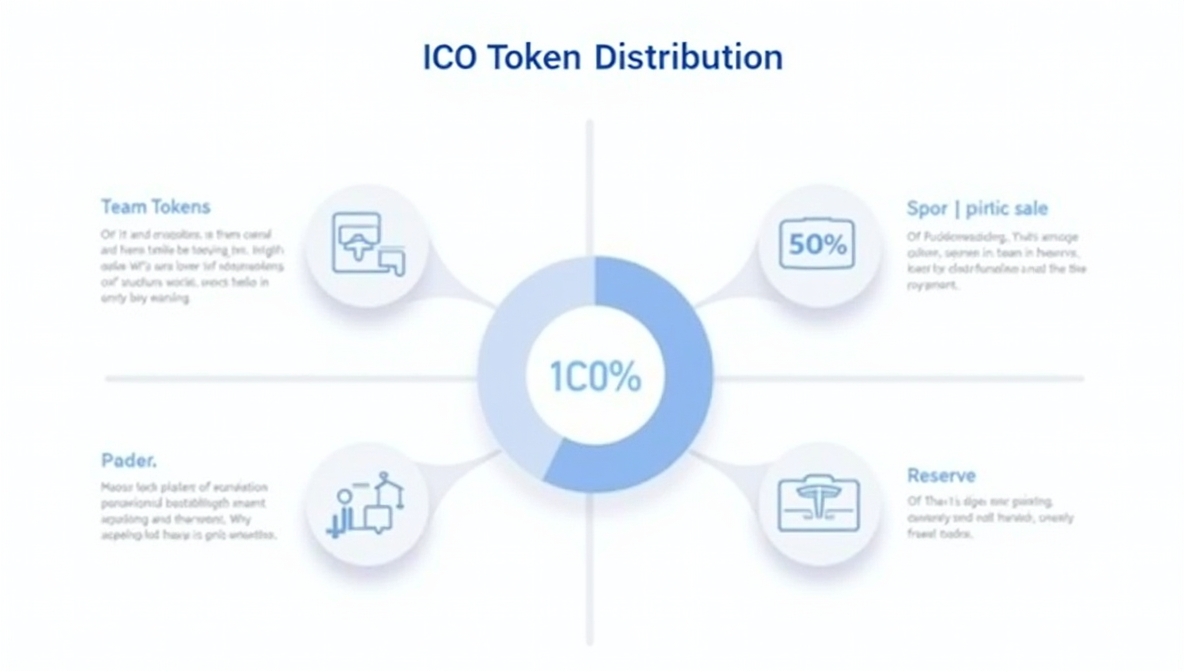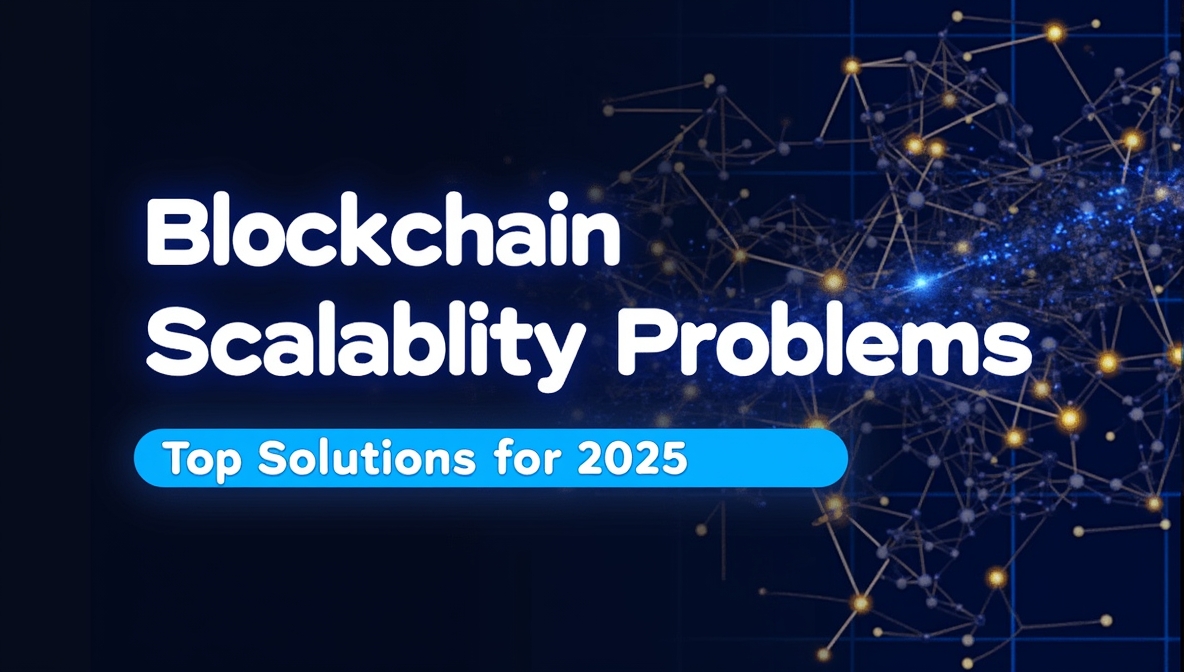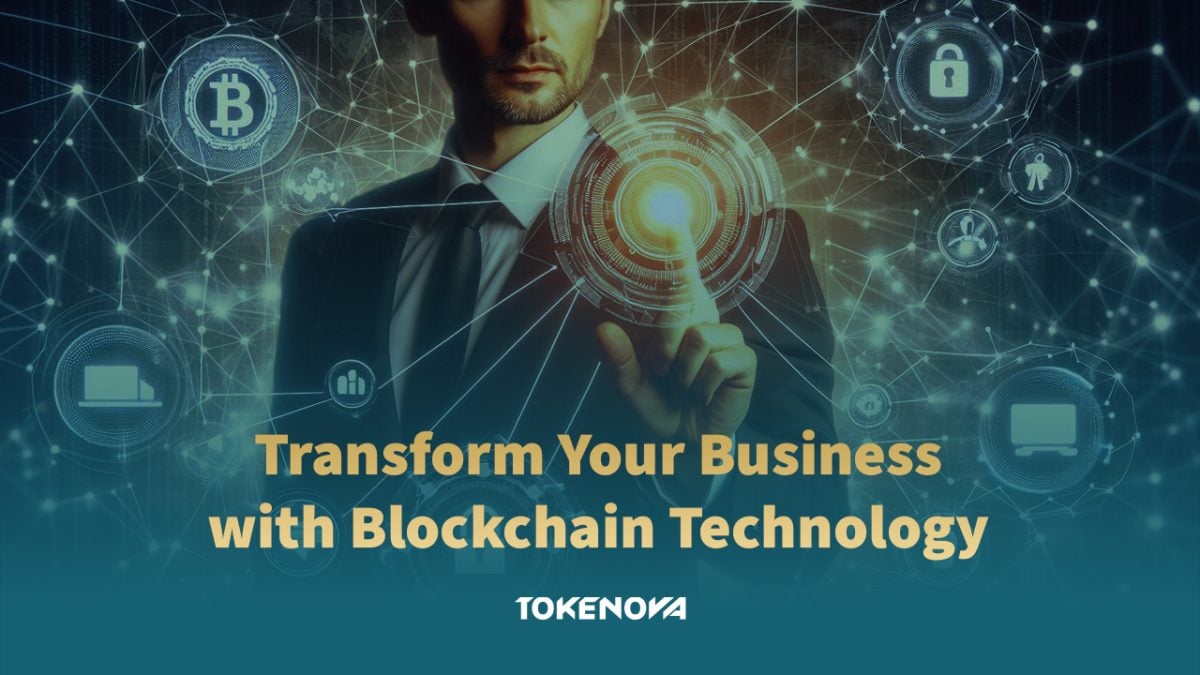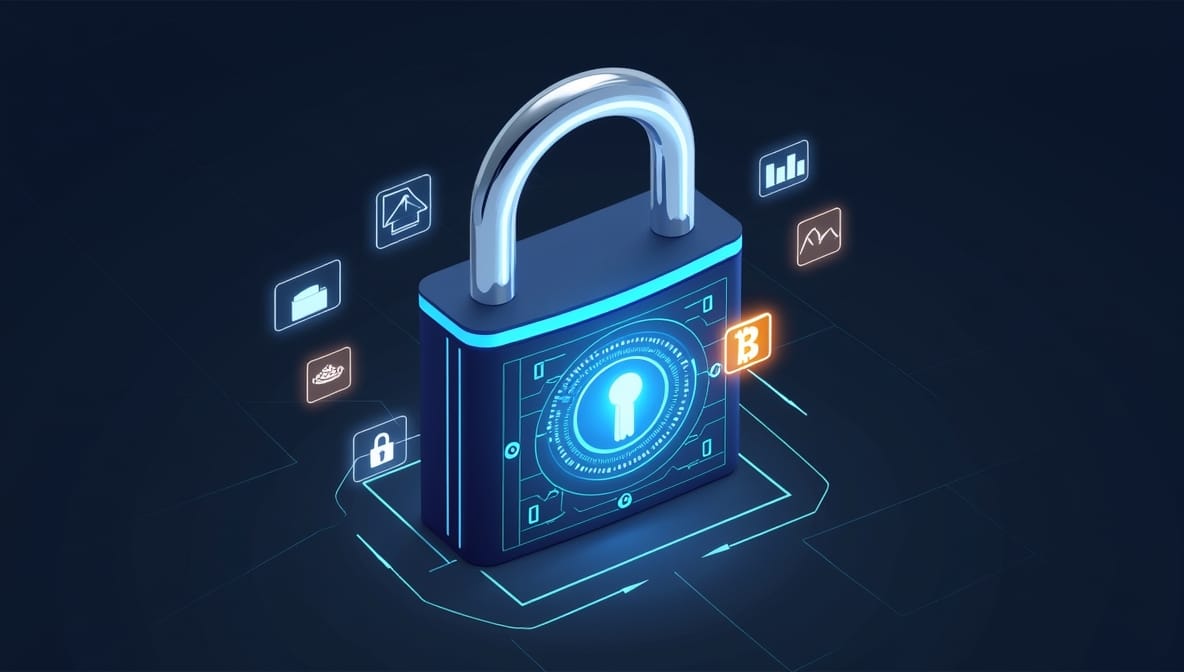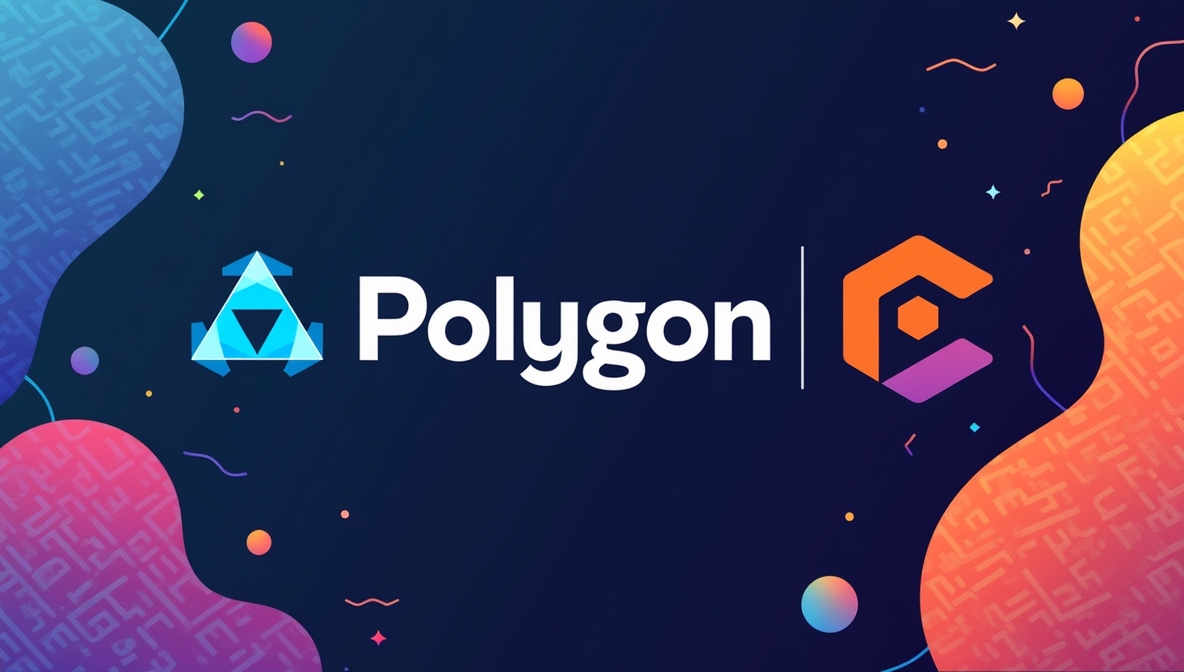In the ever-evolving world of digital technology, security stands as a fortress safeguarding the vast expanse of data we create and consume daily. Here, tokenization emerges as a mighty shield, replacing sensitive data with tokens that can traverse unsafe networks without revealing the actual information. This technique, essential in protecting sensitive information such as payment details and personal identifiers, transforms how we approach digital security. Today, we’re going to talk about new ways of making sure your data is safe in new realms of the digital world via tokenization in security.
Introduction to Tokenization in Security
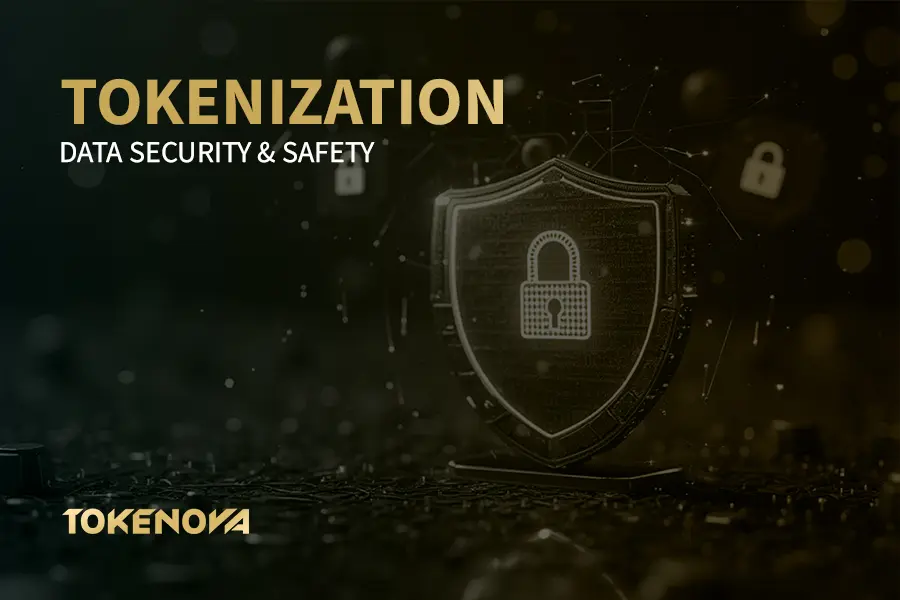
Definition of Tokenization in Data Security
Tokenization in security means replacing sensitive data elements with non-sensitive tokens, which are meaningless without the necessary decryption keys held securely in a token vault. These tokens can be used in environments where data protection is crucial, allowing businesses to operate without exposing sensitive information.
Importance of Tokenization in Protecting Sensitive Data
The value of tokenization in security becomes most apparent when considering its role in safeguarding data, including payment information, personal identifiers, and healthcare data. Through tokenization, our sensitive information, whether health records or financial transactions, remains invisible to prying eyes, significantly reducing the risk of data breaches.
How Tokenization Works
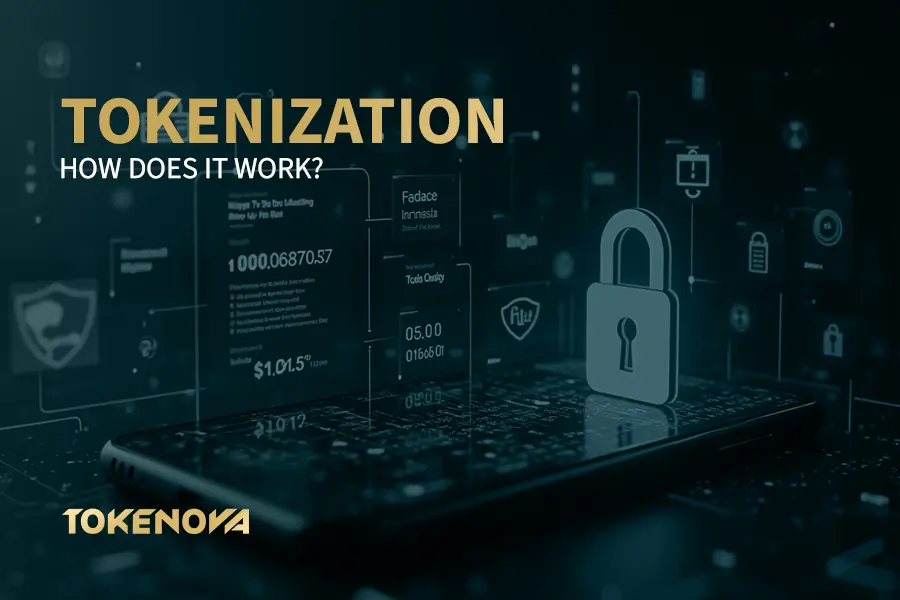
Tokenization revolves around a simple yet effective concept: substituting sensitive data with tokens. When we embark on this journey, we start by examining how the process unfolds.
Substituting Sensitive Data with Tokens
Imagine your credit card number transformed into a string of numbers that only makes sense within a secure system this is the crux of tokenization. The original data is replaced with a randomly generated token, rendering it unusable outside the tokenization environment.
Tokenization System and Vault
The tokenization process hinges on two key components: the tokenization system and the token vault. The system generates tokens, while the vault securely stores the original data. Integration between these elements ensures that even if a token is intercepted, it cannot be decrypted into meaningful data without access to the vault.
Steps in the Tokenization Process
The tokenization process begins with data input, leading to token generation, and culminating in the secure storage of original data in a vault. Each stage is meticulously designed to ensure that sensitive data remains shielded from unauthorized access, providing a reliable solution for businesses seeking to enhance data security.
Benefits of Tokenization
Tokenization offers a multitude of benefits that reinforce its status as a premier security solution.
· Minimized Impact of Data Breaches
One of the most significant advantages of tokenization is its ability to mitigate the consequences of data breaches. Since tokens hold no exploitable value, attackers cannot decipher sensitive information, thereby reducing the potential impact of breaches.
· Enhanced Security Measures
By isolating sensitive data in a secure vault and minimizing its exposure, tokenization adds an extra layer of security. This isolation ensures that sensitive data is only accessed under tightly controlled conditions, further protecting it from unauthorized access.
· Cross-System Data Security
Tokens seamlessly integrate across multiple systems, allowing businesses to exchange information without exposing sensitive data. This capability offers a unified security approach, ensuring data protection across diverse operational environments.
· Lifetime Control of Tokens
Tokenization allows for the comprehensive management of tokens throughout their lifecycle, guaranteeing continuous protection. Organizations can track and revoke tokens as needed, adapting security measures based on evolving requirements.
· Compliance with Industry Regulations
Tokenization aids in complying with industry regulations such as PCI DSS by effectively de-scoping sensitive data. By minimizing the storage and transmission of sensitive information, organizations reduce their compliance burden while maintaining rigorous security standards.
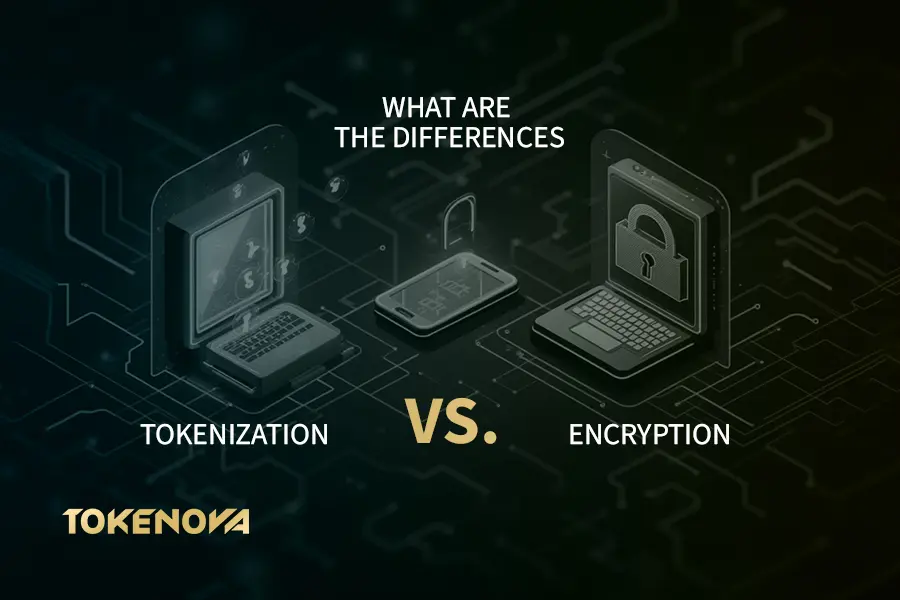
Tokenization vs. Encryption
Distinguishing tokenization from encryption highlights their differences in handling sensitive data.
Key Differences
While both tokenization and encryption protect data, their approaches diverge significantly. Tokenization in security removes sensitive data from systems, replacing it with tokens, whereas encryption scrambles data into an unreadable format that can be decrypted using keys.
Advantages of Tokenization over Encryption
Tokenization often surpasses encryption by providing a secure method that minimizes decryption risks and lowers compliance overhead. Unlike encryption, tokenization ensures that sensitive data does not reside within the system, enhancing protection against potential threats.
Applications and Use Cases
Tokenization finds application across various industries, offering security solutions tailored to different needs.
Industries Utilizing Tokenization
Industries such as finance, healthcare, and retail embrace tokenization to safeguard customer data. In finance, tokenization protects transaction details; in healthcare, it shields patient information; and in retail, it secures payment processes.
Tokenizable Sensitive Data
Specific types of data, including Personally Identifiable Information (PII), Protected Health Information (PHI), and payment card information, are prime candidates for tokenization. By transforming critical data into tokens, these industries protect against breaches while ensuring secure data transactions.
Advanced Benefits of Tokenization
While the basic advantages of tokenization include data security and regulatory compliance, its deeper benefits can be seen in areas such as:
1. Reduced Compliance Scope and Costs
- By replacing sensitive data with tokens, organizations can reduce their compliance footprint under various data protection regulations. For instance, PCI DSS compliance mandates strict controls for organizations handling cardholder data, but with tokenization, businesses can minimize the need for extensive audits and operational expenses.
- When data is tokenized, it often qualifies as “out of scope” for compliance assessments. This designation can reduce compliance-related costs and administrative burdens, allowing organizations to allocate resources more efficiently.
2. Simplified Data Management Across Distributed Environments
- In a cloud environment or multi-cloud setup, managing sensitive data across platforms can be complex and risky, which is why we need tokenization in security. Tokenization enables data portability and security across these distributed systems. By representing sensitive data with tokens, organizations can transmit and store this data across various environments without compromising security.
- Moreover, as tokenization integrates with numerous systems and environments, it enables faster, more secure communication between applications. This flexibility is crucial for companies that need to maintain rapid data flows while safeguarding privacy.
3. Enhanced Customer Trust and Reputation Management
- Data breaches can be catastrophic for an organization’s reputation. By implementing tokenization, companies significantly reduce the likelihood of sensitive data exposure, thus maintaining customer trust.
- Tokenization reassures customers that their sensitive information is handled with care, potentially improving customer loyalty and competitive advantage in markets where security concerns are a top priority.
4. Lowered Risk of Insider Threats
- Tokenization minimizes the number of employees who have access to sensitive data by requiring special permissions to access the token vault. This approach reduces the potential for insider threats when tokens replace actual data, there’s less chance of malicious misuse.
- With token-based access, the organization can also track and control access more precisely. By limiting direct access to sensitive data, tokenization improves transparency in terms of who has viewed or manipulated data, enhancing the overall security posture.
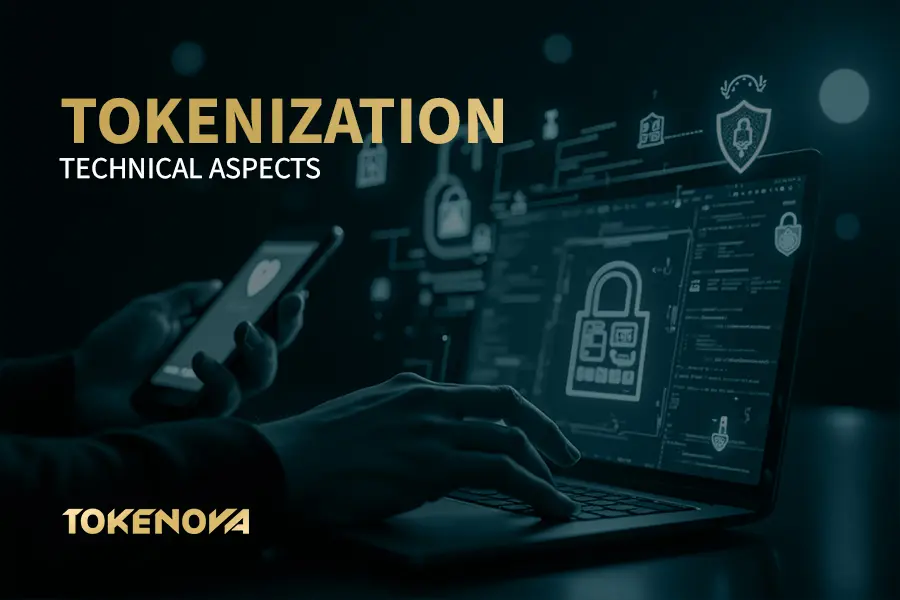
Tokenization in Technical Depth
To further understand tokenization in security, it’s useful to explore its technical foundation, including how tokens are generated and how they differ from encryption:
1. Generation of Tokens
- Tokens are created using algorithms that generate unique identifiers, which hold no intrinsic value outside the tokenization system. These identifiers might be randomly generated or algorithmically derived from the original data, depending on the level of security and reusability required.
- Random Tokens: These are generated independently of the original data and offer the highest security level since they’re completely random and unpredictable.
- Deterministic Tokens: Sometimes, tokens must be consistently generated from the same input data. These are algorithmically derived and allow for data mapping without needing to access the original data in the vault.
2. Tokenization vs. Encryption: A Closer Look
- While encryption scrambles data and can theoretically be decrypted if a key is compromised, tokenization entirely removes the original data from systems that don’t require access to it. This absence of sensitive data in multiple systems is a key reason why tokenization can offer superior security for certain use cases.
- In addition, tokenization is often more efficient than encryption for compliance purposes. When sensitive data is encrypted, it still technically exists within the system, which may not be sufficient to meet certain data protection requirements. Tokenization avoids this issue by ensuring sensitive data resides only in a secure vault.
Emerging Trends and Innovations in Tokenization
The landscape of tokenization is evolving, and several trends are shaping its future in data security:
1. Rise of Blockchain-based Tokenization
- Blockchain has introduced new methods of tokenizing assets, from physical goods to digital currencies. This form of tokenization allows organizations to create digital representations of real-world assets that can be traded, managed, and stored on a decentralized ledger.
- Asset tokenization through blockchain is expected to grow in finance, real estate, and intellectual property rights, enabling more transparent and efficient transactions.
2. Machine Learning and Tokenization for Predictive Analysis
- By tokenizing data, organizations can conduct machine learning and analytics on sensitive information without exposing it. For instance, healthcare organizations can tokenize patient data, then apply predictive analytics to understand patient outcomes while protecting patient privacy.
- Machine learning models trained on tokenized data can offer insights without needing to process original data, balancing security with the analytical capabilities required for informed decision-making.
3. Cloud-native Tokenization Solutions
- As businesses increasingly migrate to the cloud, tokenization solutions are adapting to these environments. Cloud-native tokenization services allow organizations to manage tokens in the cloud securely, scaling alongside their infrastructure.
- Cloud tokenization also offers improved accessibility, enabling global organizations to deploy tokenization across various regions with consistent security practices.
Future Challenges in Tokenization
As tokenization continues to develop, it’s critical to anticipate the challenges and constraints of tokenization in security that might impact its widespread adoption:
1. Complexity in Token Vault Management
- Token vaults must be exceptionally secure, as they store sensitive data in its original form. However, maintaining high-security standards for token vaults can be complex and costly, particularly for smaller organizations.
- Furthermore, as the volume of tokenized data grows, organizations will need advanced strategies for managing and scaling token vaults, which could entail new technologies and infrastructure investments.
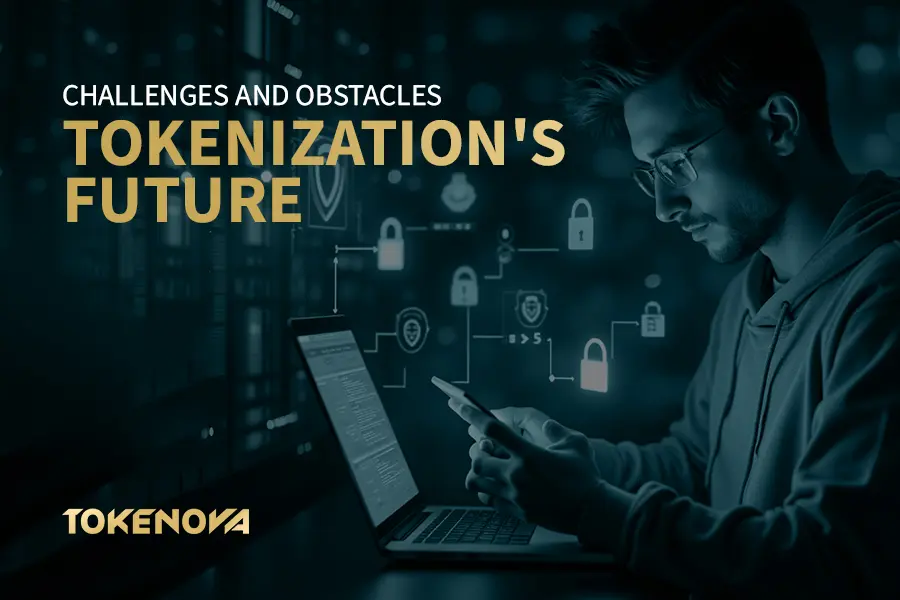
2. Interoperability and Standardization Issues
- As tokenization solutions proliferate across industries, the lack of standardization may pose interoperability challenges. Different tokenization platforms may not be compatible, potentially limiting data sharing and integration.
- Creating industry standards for tokenization, particularly in sectors like healthcare and finance, could improve interoperability and drive broader adoption. However, achieving consensus across organizations and regulatory bodies will be essential.
3. Balancing Privacy with Data Utility
- Tokenization protects privacy by obscuring sensitive data, but it can limit data utility. For example, if an organization tokenizes all its customer data, it may face challenges when trying to analyze or correlate this data for business intelligence purposes.
- Future tokenization solutions will need to balance privacy with data utility, potentially through hybrid models that selectively tokenize data depending on the specific use case.
Challenges and Considerations
Deploying tokenization requires consideration of both its potential and limitations.
· Security Requirements for Implementing Tokenization
Successfully implementing tokenization demands rigorous technical and operational standards. Organizations need robust systems to generate, manage, and store tokens securely, along with procedures to maintain these standards over time.
· Limitations and Risks
Despite its benefits, tokenization poses challenges, including reliance on token vault security. The scalability and management of tokens must also be navigated carefully to prevent bottlenecks and ensure efficient operations.
Comprehensive Overview of Tokenova Services
Tokenova has established itself as a significant player in the field of data security, specializing in tokenization services designed to secure and manage sensitive information. Their offerings are tailored to address the diverse needs of industries such as finance, healthcare, retail, and more, where data protection is critical.
Overview of Tokenova’s Offerings
Tokenova provides a comprehensive suite of tokenization services that encompass every phase of data security, from token generation to storage and lifecycle management. Here’s a closer look at what they offer:
- Token Generation: Tokenova uses advanced algorithms to create unique, non-sensitive tokens that replace actual data. This process ensures that sensitive information is never exposed during transactions or processing, providing businesses with peace of mind.
- Secure Storage: The cornerstone of Tokenova’s services is their highly secure token vault. This vault not only secures the original sensitive data but also manages the lifecycle of tokenized information, ensuring that tokens are accessible only to authorized users.
- Lifecycle Management: Tokenova’s lifecycle management tools allow businesses to oversee the entire tokenization process. This includes the creation, issuance, renewal, and deletion of tokens, ensuring a streamlined and secure data management process.
Specialized Features of Tokenova
Tokenova distinguishes itself with several advanced features that enhance its ability to protect sensitive data and integrate seamlessly into existing business processes:
- Customizable Token Formats: Understanding that different industries have unique demands, Tokenova allows businesses to customize token formats according to their specific requirements. This flexibility ensures that tokens are not only secure but also functional within different technological frameworks and business operations.
- Real-time Tokenization: In today’s fast-paced digital economy, real-time data processing is crucial. Tokenova provides real-time tokenization capabilities, allowing businesses to tokenize data instantly as it enters or leaves systems, ensuring continuous protection without interrupting workflow.
- Seamless Integration with Existing Infrastructure: Tokenova designs its services to integrate smoothly with a variety of existing infrastructures. This means businesses can adopt Tokenova’s solutions without extensive overhauls of their current systems, minimizing disruption and fast-tracking deployment.
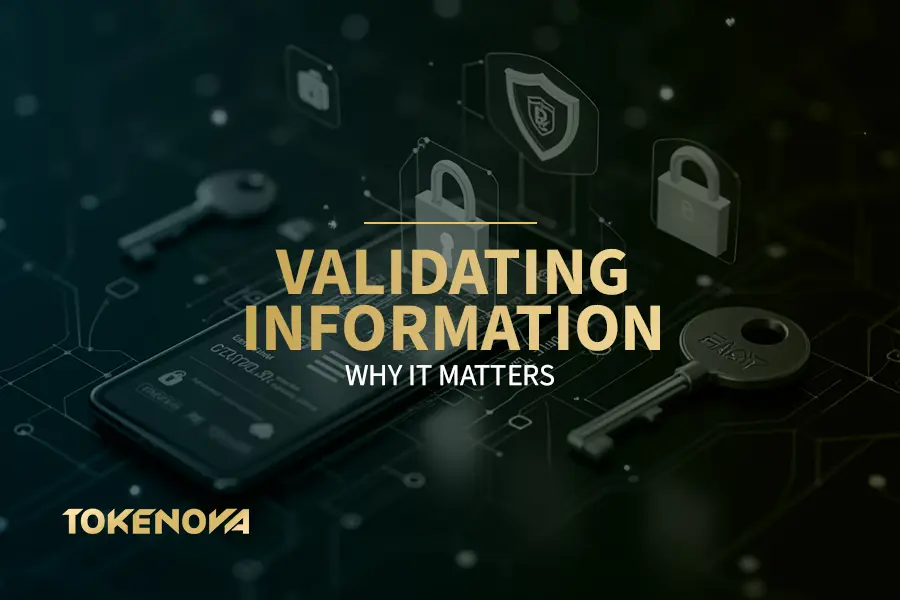
Importance of Validating Information
While Tokenova’s services appear robust and beneficial, it’s essential to validate all information concerning their capabilities before making any decisive recommendations or integrating these solutions into critical systems. Here’s why:
- Ensuring Accuracy: Verification ensures that the details about Tokenova’s services are accurate and up-to-date, reflecting the true state of their offerings. This is particularly critical in contexts where data security is non-negotiable.
- Relevance and Suitability: By confirming the relevance of Tokenova’s services to specific industries or use cases, businesses can better assess how well these solutions meet their needs. Understanding the nuances of their offerings allows for more strategic decision-making.
- Building Trust with Stakeholders: For clients or stakeholders reviewing these services, accuracy in presenting Tokenova’s capabilities builds trust and confidence, key components for securing buy-in and support for implementing new security measures.
Tokenization services like tokenization in security offered by Tokenova play a pivotal role in protecting sensitive data while ensuring compliance and operational efficiency. As with any critical business decision, vetting and validating information about service providers are foundational steps toward robust data security strategies.
Last Thoughts
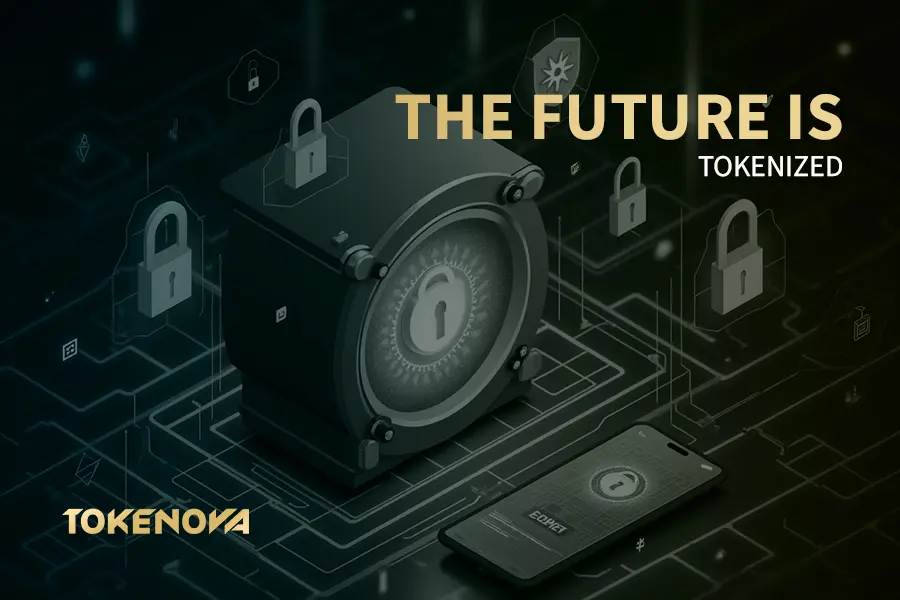
In today’s security-focused landscape, tokenization proves indispensable for safeguarding sensitive data and enhancing organizational resilience. Its ability to protect information while simplifying regulatory compliance underscores its importance in modern data security strategies.
Tokenization is more than a technology it’s a strategic asset in the fight against data breaches and privacy threats. By leveraging tokenization, organizations across industries can protect sensitive information, enhance customer trust, and streamline compliance efforts. As innovations continue to shape tokenization, its role in data security will expand, addressing new challenges and pushing the boundaries of privacy protection.
In a world where data is increasingly valuable yet vulnerable, tokenization in security is one of the most effective tools at an organization’s disposal, representing both a powerful defensive mechanism and a key enabler of digital trust.
How does tokenization improve mobile payment security?
By replacing sensitive payment data with tokens, mobile transactions remain secure even if intercepted.
Can tokenization be applied to digital currencies?
Yes, tokenization can secure digital currency transactions by masking account information with tokens.
How does tokenization support GDPR compliance?
Tokenization helps meet GDPR requirements by reducing the storage and processing of personal data.
What role does tokenization play in cloud security?
In cloud environments, tokenization protects data by ensuring that sensitive information never leaves secure boundaries.
Why might a company choose tokenization over encryption?
Companies may prefer tokenization for its ability to prevent decryption risks and simplify compliance requirements.



